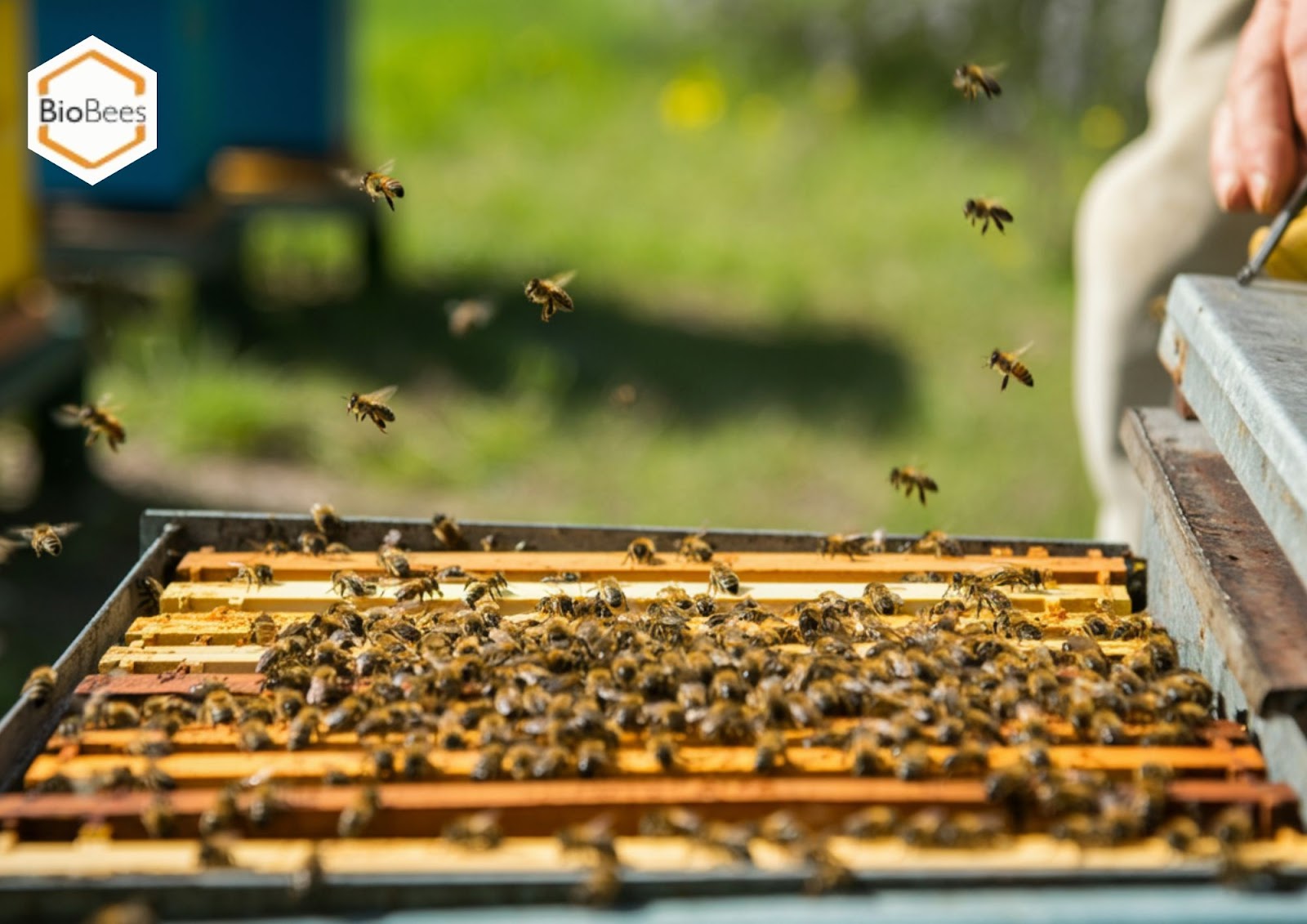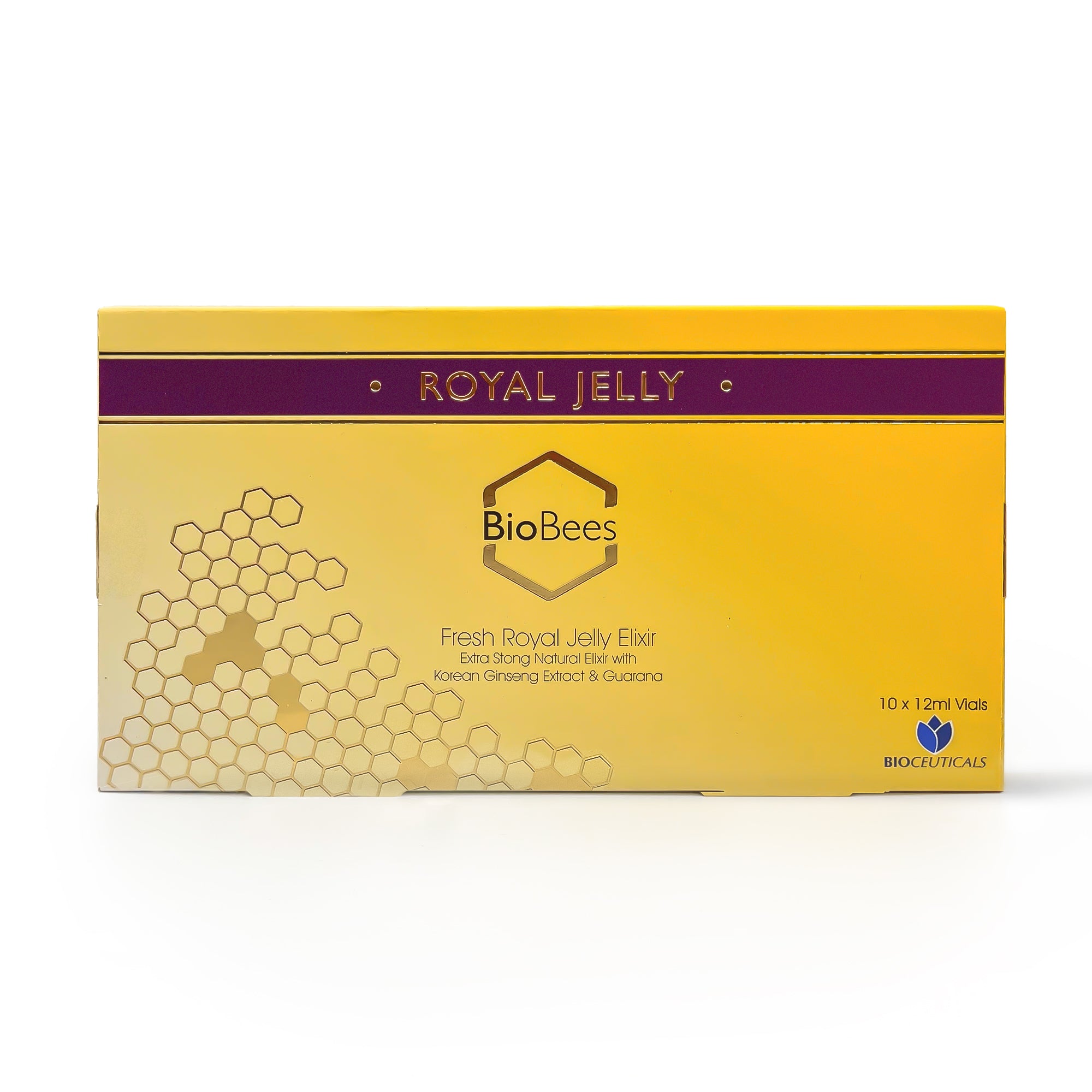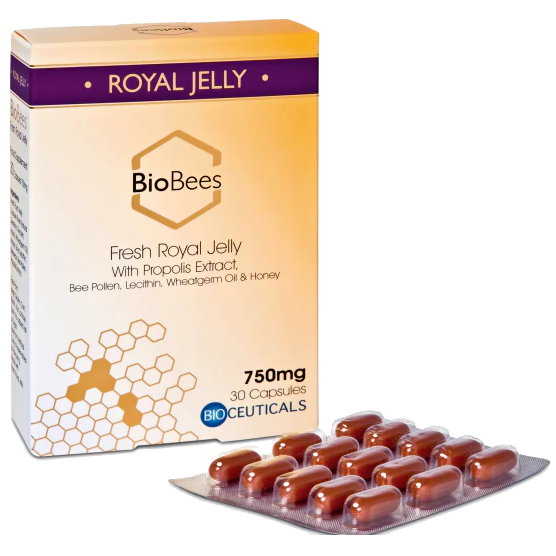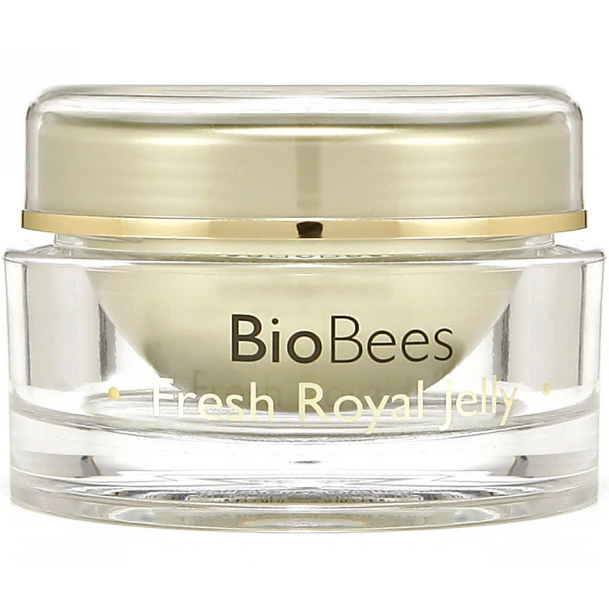A period of renewal and preparation begins as the bees awaken from their winter rest and the Queen bee resumes laying eggs. During hive inspections, our beekeepers focus on ensuring the bees have survived the winter and have enough food stores.
Many colonies that endured the harshest months now respond to longer daylight hours, encouraging the queen to start laying eggs. Once brood-rearing begins, the colony must maintain the brood area at a steady 34°C ± 1.5°C, requiring a significant amount of energy.
This increased demand can quickly deplete their honey reserves, putting the colony at risk of starvation.
Supporting the Colony Through Seasonal Change
To sustain this demanding period, our beekeepers often provide additional food, such as fondant. To ensure the colonies have the resources they need to thrive. Fortunately, many of our hives had ample honey stores going into winter.
The cold temperatures kept the bees in diapause, reducing their energy needs. Now, as hive weight checks continue, beekeepers also monitor the flight board—if the bees are flying, they look for pollen on their legs.
Pollen is vital protein that larvae need to feed. If the bees are collecting pollen, it is a clear sign that brood rearing is underway and the queen is actively laying eggs.
This is a reflection of the increased nutritional requirements of the colony with beekeepers closely monitoring food supply and support where necessary.
Relocating Hives for Spring Crops
As spring progresses, our beekeepers relocate hives from winter quarters to out apiaries, where early-season crops are in bloom. Moving the hives at this time of year is more manageable, as they are not yet heavy with honey stores.
Early morning relocations ensure minimal disruption, as the bees prefer to remain inside. Later in the year, hive moves must take place at night—sometimes as late as 11 PM in mid-summer—to ensure all bees have returned to the hive before transport.
This is an important time to protect foraging bees and keep the colony safe. Experienced beekeepers carefully manage this delicate balance.
Preparing for the Honey Season
Soon, our beekeepers will begin adding supers to the hives in the hope of an early honey crop. A thriving colony increases the chances of producing high-quality spring honey, such as the premium Fresh Royal Jelly collected from our healthiest hives.
For those looking to support bee health and enjoy nature’s finest superfoods, our range of BioBees Fresh Royal Jelly Elixir and Royal Jelly Capsules with Propolis and Bee Pollen provides a potent combination of nutrients.
As the season unfolds, our beekeepers will continue their careful monitoring, ensuring that every colony is nurtured to its full potential.
The Importance of Bee Health
Bee health is not just a concern for beekeepers; it is a global issue that affects us all. Bees are essential pollinators, responsible for fertilising many of the crops we rely on for food. Without bees, our food supply would be severely impacted. Therefore, supporting bee health is a responsibility we all share.
At BioBees, we are committed to promoting bee health through sustainable practices and high-quality products. Our product is carefully crafted to provide bees with the energy they need during the critical spring months. Our Fresh Royal Jelly and Royal Jelly Elixir are not just delicious; they are also packed with nutrients that support bee health and vitality.
How You Can Help
There are many ways you can support bee health in your own backyard. Planting bee-friendly flowers and avoiding the use of pesticides are two simple steps that can make a big difference. You can also support local beekeepers by purchasing honey and other bee products from sustainable sources.
For those interested in learning more about beekeeping, BioBees offers a range of resources and products to help you get started. Our product is a great way to ensure your bees have the energy they need to thrive.
And with products like our Fresh Royal Jelly and Royal Jelly Elixir, you can enjoy the benefits of bee products while supporting bee health.
The Future of Beekeeping
As we look to the future, the challenges facing bees and beekeepers are significant. Climate change, habitat loss, and disease all threaten bee populations. However, with careful management and community support, we can help ensure that bees continue to thrive.
At BioBees, we are committed to innovation and sustainability. We are constantly exploring new ways to support bee health and promote sustainable beekeeping practices.
From developing new products like our Royal Jelly Capsules with Propolis and Bee Pollen to supporting research into bee health, we are dedicated to making a difference.
The Role of Technology in Beekeeping
Modern technology is playing an increasingly important role in beekeeping. From hive monitoring systems that track temperature and humidity to apps that help beekeepers manage their colonies more efficiently, technology is helping to address some of the challenges facing bees.
For example, smart hives equipped with sensors can provide real-time data on hive conditions, allowing beekeepers to respond quickly to any issues. This not only improves bee health but also enhances honey production and colony resilience.
Community Involvement in Bee Conservation
Beekeepers are not alone in their responsibility to support bee health. It requires a collective effort. Communities can play a vital role by creating bee-friendly environments. This includes planting native flowers, reducing pesticide use, and supporting local beekeeping initiatives.
Schools and community groups can also get involved by setting up educational programs about the importance of bees and how to protect them. By raising awareness, we can inspire the next generation to take an active role in bee conservation.
Conclusion
Spring is a time of renewal and growth, and for bees, it is a critical period of activity. As beekeepers, we have a responsibility to support our bees through this seasonal shift, ensuring they have the resources they need to thrive.
By providing additional food, relocating hives to early-season crops, and preparing for the honey season, we can help our bees flourish.
There are many ways to get involved in supporting bee health. From planting bee-friendly flowers to purchasing sustainable bee products, every action matters.
At BioBees, we are committed to promoting bee health through high-quality products and sustainable practices. Together, we can help ensure a bright future for our bees and the ecosystems they support.
So, as spring arrives and the bees begin their awakening, let us all do our part to support these incredible creatures. Visit BioBees to learn more about our products and how you can support bee health. Together, we can make a difference.




